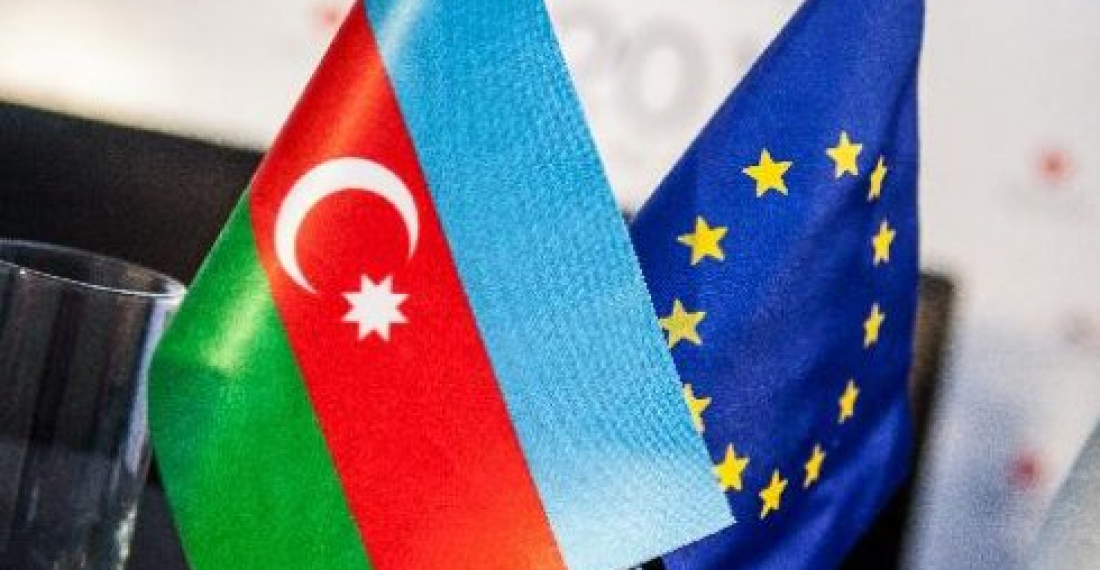Negotiations on a new agreement between the EU and Azerbaijan will continue on a regular basis, EU spokesperson Maja Kocijancic told the Azerbaijani news agency APA on Tuesday (2 May).
"Following the successful launch of negotiations on a new agreement between the EU and Azerbaijan on 7 February in Brussels, the first official round took place in Baku on 25-26 April," said Kocijancic. "Discussions were held in a constructive spirit and there is a strong will on both sides to have an ambitious agreement that replaces the current Partnership and Cooperation Agreement of 1996, reflecting the significant development of relations between EU and Azerbaijan since then."
She noted that the agreement will cover political, sectoral, trade and economic relations.
"Negotiations will continue on a regular basis both in Baku and Brussels and also via videoconference in order to conclude negotiations without undue delay," added Kocijancic.
The European Council adopted a mandate for the European Commission and the high representative for foreign affairs and security policy to negotiate, on behalf of the EU and its member states, a comprehensive agreement with Azerbaijan in November 2016.
The new agreement should replace the 1996 partnership and cooperation agreement and should better take account of the shared objectives and challenges the EU and Azerbaijan face today.
source; commonspace.eu with APA







